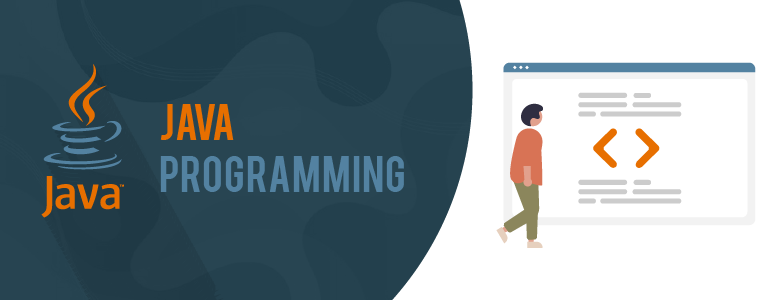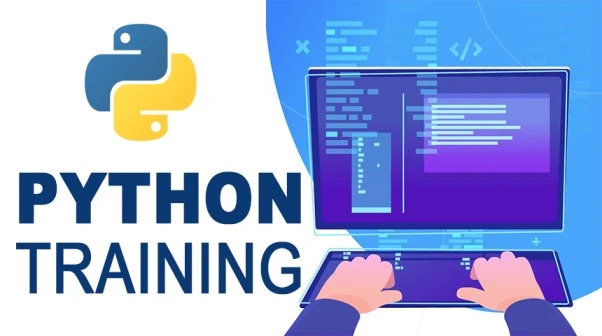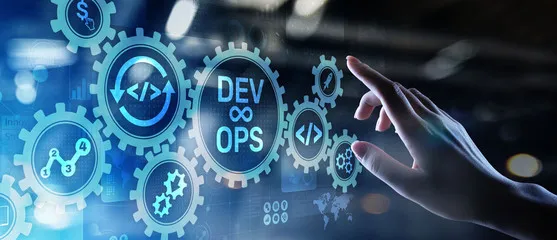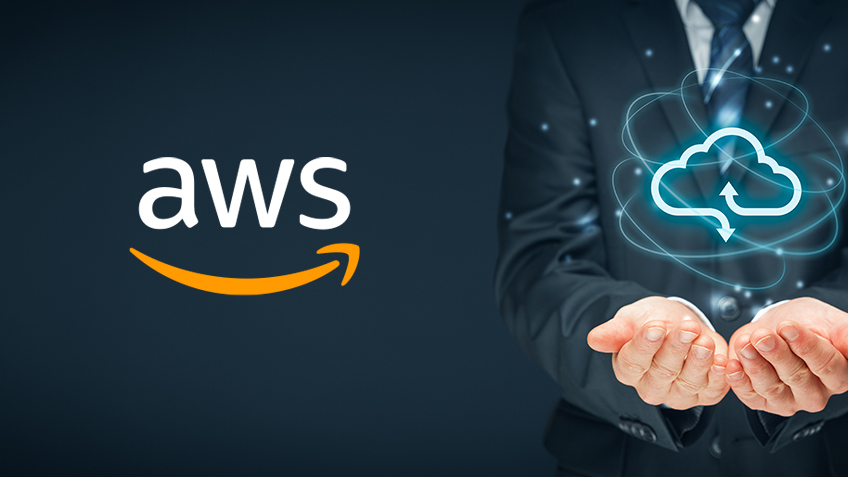



Java is one of the most popular and widely-used programming languages, known for its platform independence and scalability. Our Java training program is designed to give you a deep understanding of the language, covering various versions and features introduced in Java 1.8, 17, and the latest 21 version.

Python is one of the most versatile and powerful programming languages used across various fields, including web development, data science, artificial intelligence, and automation. Our Python course covers everything from the basics to advanced concepts, preparing you for a wide range of job roles.

DevOps is essential for continuous integration, deployment, and automation of the software development lifecycle. Our comprehensive DevOps training equips you with the tools and skills necessary to bridge the gap between development and operations, enhancing collaboration and productivity.

Amazon Web Services (AWS) is the leading cloud computing platform, offering a broad set of cloud-based services. Our AWS training program covers everything from basic cloud concepts to advanced cloud architecture, security, and serverless computing. Whether you're starting in cloud computing or aiming for AWS certification, this course will provide you with a strong foundation.